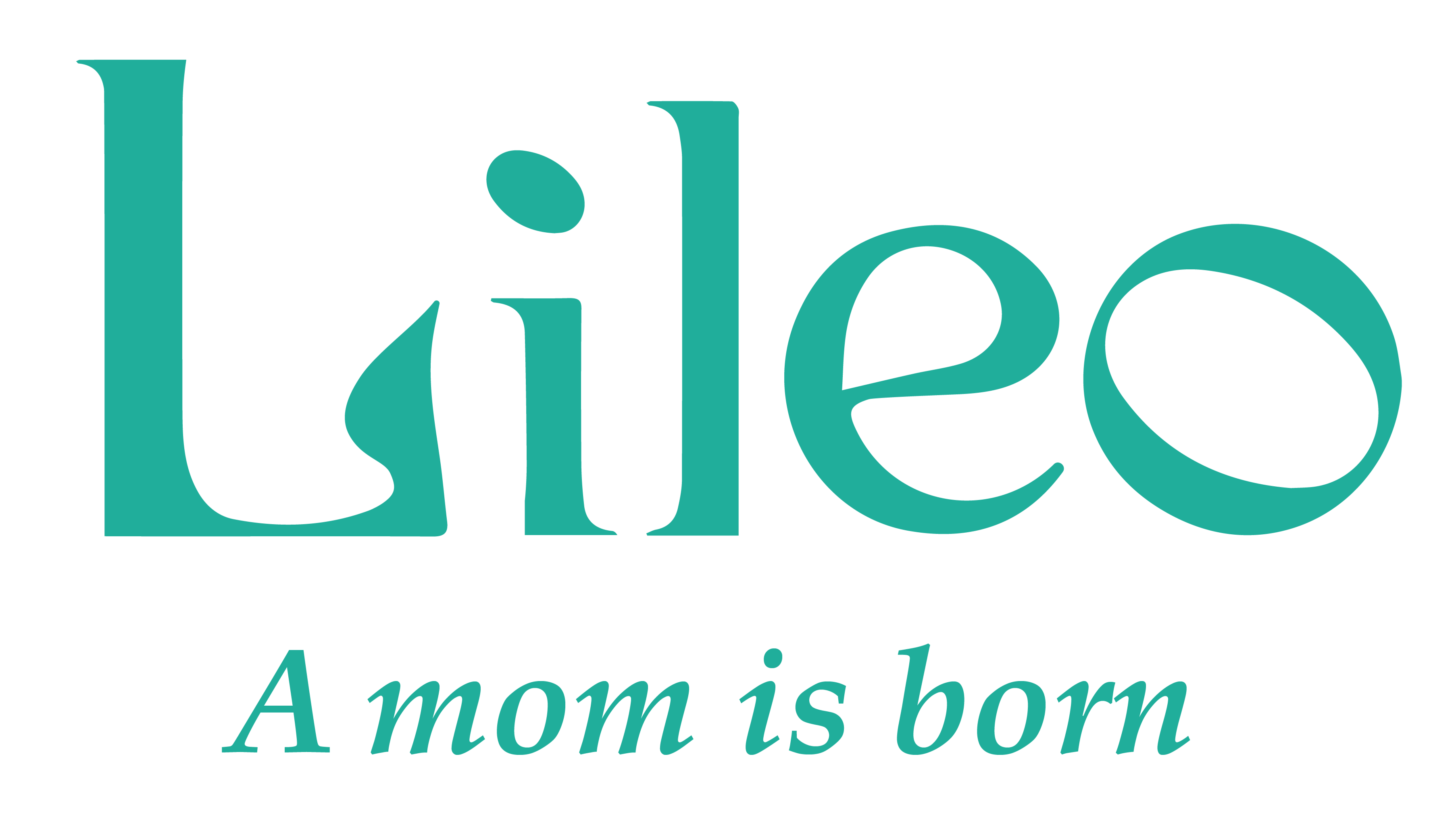Benefits for mom
Breastfeeding is not only good for your baby, it’s good for you too. The health benefits for moms are numerous and well-documented, offering short-, medium- and long-term advantages. Here’s a detailed overview of these benefits based on extensive studies and research.
Reduced risk of cancer
Breast and ovarian cancer: Breastfeeding significantly reduces the risk of breast and ovarian cancer. In fact, according to a meta-analysis, women who breastfeed are 1.28 times less likely to develop breast cancer and 1.42 times less likely to develop ovarian cancer than those who do not. The longer the total duration of breastfeeding, the greater the protection. One study showed that each year of breastfeeding reduced the risk of breast cancer by 4.3%.
Mechanisms involved: Possible mechanisms include the suppression of frequent menstrual cycles, thus reducing estrogen exposure, and the promotion of cellular differentiation in breast tissue, which may offer protection against malignant transformation.
Preventing cardiovascular disease
Breastfeeding has beneficial effects on your cardiovascular health. In fact, it contributes to better lipid and glucose regulation, as well as increased insulin sensitivity. As a result, women who breastfeed have a lower risk of developing pathologies such as hypertension, type 2 diabetes and metabolic syndrome.
Studies and results:
- A meta-analysis found that breastfeeding women reduced their risk of type 2 diabetes by 32% compared with non-breastfeeding women.
- Breastfeeding is also associated with a reduced risk of hypertension and obesity, particularly in those who breastfeed for prolonged periods.
Lactational amenorrhea and birth spacing
Exclusive breastfeeding causes lactational amenorrhea, an absence of menstruation that contributes to natural birth spacing. This break in the menstrual cycle helps preserve your reserves (of iron, vitamins, minerals, etc.) and reduces the risk of anemia. Breastfeeding amenorrhea is essential for the good health of unborn children.
Protects against endometriosis
Studies have shown that breastfeeding can reduce the risk of endometriosis, a chronic gynecological disease. In fact, a meta-analysis found that women who had breastfed had a 30% lower risk of developing endometriosis compared to those who had not.
Impact of breastfeeding duration: Each additional month of breastfeeding reduces the risk of endometriosis by 3%. This protection is partly attributed to the duration of lactational amenorrhea associated with breastfeeding.
Mental health and well-being
Breastfeeding has a positive impact on your mental health. In fact, it is associated with lower levels of postpartum depression and increased mental well-being. Hormones released during breastfeeding, such as oxytocin and prolactin, promote feelings of relaxation and maternal bonding, reducing stress and anxiety.
Mental health studies: A study conducted in England showed that breastfeeding mothers reported higher levels of satisfaction with their daily lives, slept better and felt happier overall, compared with non-breastfeeding mothers.
Weight loss
Breastfeeding helps you lose the weight gained during pregnancy. It mobilizes the fat reserves accumulated during pregnancy for milk production, facilitating gradual, natural weight loss. This applies to breastfeeding for at least 6 months.
Studies and results: Studies have shown that women who breastfeed exclusively for the first six months lose more weight than those who do not.
Conclusion
Breastfeeding offers a multitude of health benefits, from reducing the risk of cancer and cardiovascular disease to improving mental health and facilitating postpartum weight loss. Clearly, therefore, breastfeeding has considerable benefits for mothers, helping them to preserve and improve their health while providing the best for their baby.
Share

